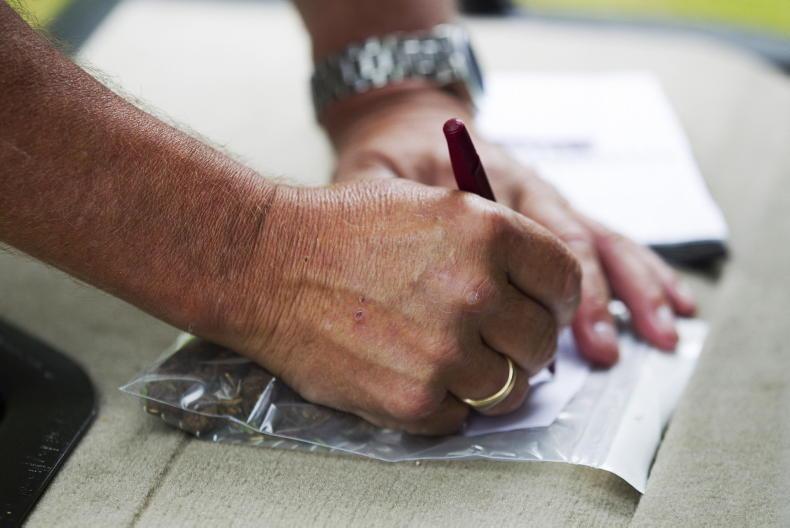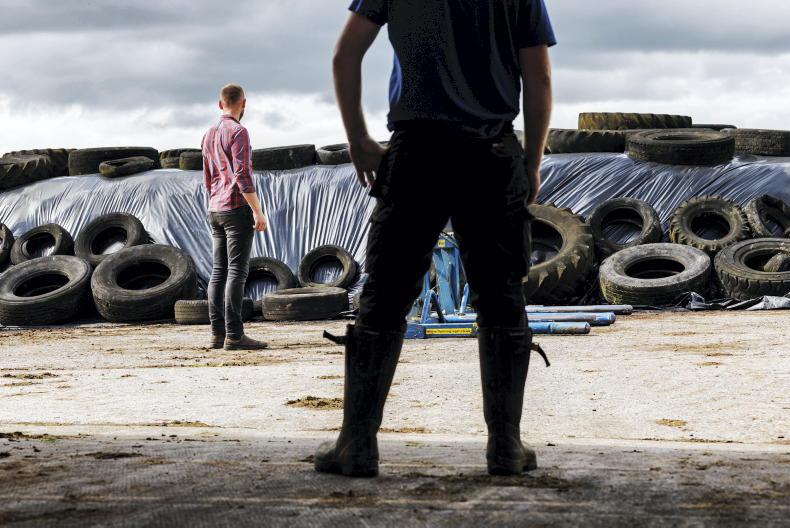Farmers would be among the self-employed people affected by proposed moves to increase the rate of pay-related social insurance (PRSI) from 4% to over 12%.
Senior civil servants tasked with advising Government on tax strategies have pushed for a gradual increase in the rate of PRSI for self-employed people from 4% now to 5.5% in 2023 and up by 1.5% every year to 2027.
The Tax Strategy Group’s advice is to reach a final rate PRSI of 12.55% for self-employed people by 2028.
Direct impact
This will have a direct impact on farmers, with ifac’s head of tax, Declan McEvoy, pointing out that for a farmer making €25,000 profit, the current rate of 4% equates to a PRSI bill of €1,000 per year.
“Every 1% added in PRSI will equate to an extra €250 to be paid,” he told the Irish Farmers Journal.
For a farmer making €40,000 profit, their current PRSI bill is €1,600 per annum, he said.
Each extra 1% added to the rate of PRSI payable would add €400 to their annual PRSI payment.
“It’s a creeping increase,” said McEvoy.
The Tax Strategy Group document maintained that self-employed people are receiving a much bigger benefit from the social insurance fund than they are contributing to it.
In the case of farmers, PRSI contributions allow them to claim maternity and paternity benefit, optical and dental benefits and unemployment benefit, although in practice this is rarely taken up by farmers.









SHARING OPTIONS